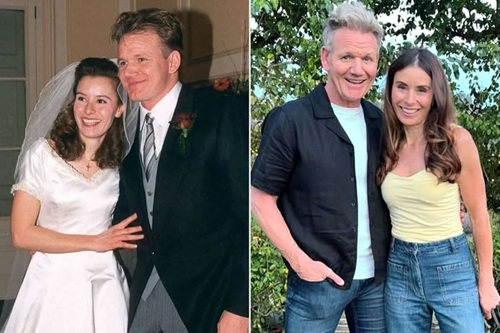As a child, my mother and I were a tight-knit duo. She poured long hours into her role as a secretary, dedicating herself fully to ensure I had opportunities for a brighter tomorrow. She always chose secondhand clothing from thrift shops, prioritizing my needs over her own wardrobe. Her resilience inspired me—until the moment I heard her weeping after her boss publicly ridiculed her attire in front of her colleagues.
The sound of her tears shattered something within me. She had borne so much with grace, yet he had the nerve to demean her. When an invitation arrived for her to attend the company’s awards banquet, I resolved that his cruelty would not go unchallenged.
With assistance from his own daughter, I devised a strategy. As he took the stage to deliver his acceptance speech, the speakers unexpectedly broadcast recordings of his harsh comments about my mother. His words reverberated across the room. The crowd’s applause faded. Conversations hushed. A heavy silence enveloped the venue.
I looked at my mother—her expression was one of shock, grappling with the reality of what was unfolding. Her boss stood motionless, his confident grin erased. For the first time, he appeared humbled, laid bare before his colleagues. Then, astonishingly, he owned his mistake. He offered a sincere apology right there and, later, extended her a promotion and a salary increase.
Now, my mother enters that office not merely as a secretary but as a valued leader. The lesson she imparted to me, without ever speaking it, remains etched in my heart: respect isn’t defined by elegant attire or prestigious titles. It’s about carrying yourself with dignity—and standing firm for what is right.









